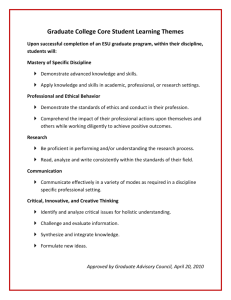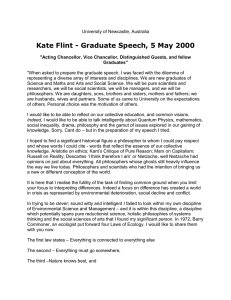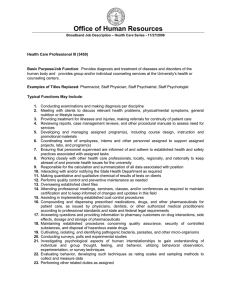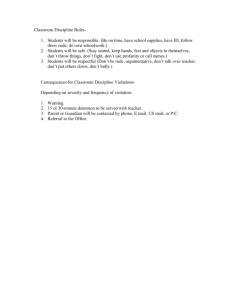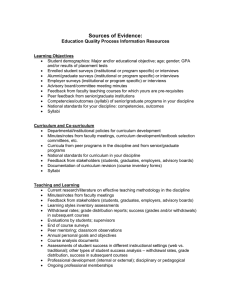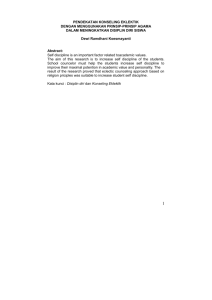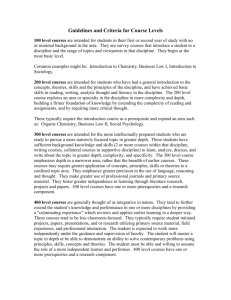Stage 2: Agree on preferred curriculum
advertisement
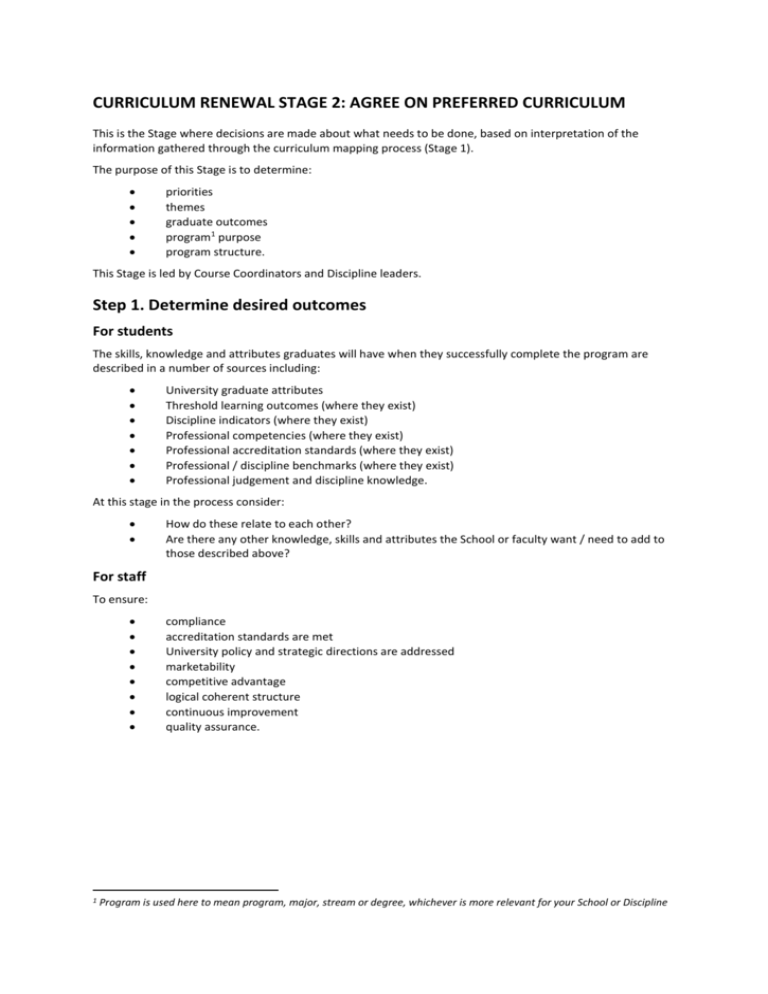
CURRICULUM RENEWAL STAGE 2: AGREE ON PREFERRED CURRICULUM This is the Stage where decisions are made about what needs to be done, based on interpretation of the information gathered through the curriculum mapping process (Stage 1). The purpose of this Stage is to determine: priorities themes graduate outcomes program1 purpose program structure. This Stage is led by Course Coordinators and Discipline leaders. Step 1. Determine desired outcomes For students The skills, knowledge and attributes graduates will have when they successfully complete the program are described in a number of sources including: University graduate attributes Threshold learning outcomes (where they exist) Discipline indicators (where they exist) Professional competencies (where they exist) Professional accreditation standards (where they exist) Professional / discipline benchmarks (where they exist) Professional judgement and discipline knowledge. At this stage in the process consider: How do these relate to each other? Are there any other knowledge, skills and attributes the School or faculty want / need to add to those described above? For staff To ensure: 1 compliance accreditation standards are met University policy and strategic directions are addressed marketability competitive advantage logical coherent structure continuous improvement quality assurance. Program is used here to mean program, major, stream or degree, whichever is more relevant for your School or Discipline Step 2. Describe the skills, knowledge and attributes in terms of program learning outcomes Where program learning outcomes exist: review them, and revise them, as necessary, against the desired outcomes determined in Step 1. above. Where program learning outcomes don’t exist: create them to describe what you want graduates of the program to know and to be able to do with that knowledge on successful completion of the program, or use Threshold Learning Outcomes, where they exist. Step 3. Program structure The following questions will help guide consideration of what the program structure should be: What concepts, principles, knowledge and skills need to be developed to meet program learning outcomes? How should the development of these concepts, principles, knowledge and skills be structured over the life of the program for optimal effect, taking into account any policy constraints? Do the current courses develop these concepts, principles, knowledge and skills in a logical and coherent manner over the life of the program? Is there any overlap or repetition that is not required for reinforcement of knowledge and skills? Do any courses conflict with the intent and content of any others? Remember to validate the decisions made. Will the decisions made achieve the actions and results expected? Has the available information been accurately interpreted? Have all those involved had access to all relevant information? Remember to consult with all relevant stakeholders at this point. The input from a range of relevant stakeholders will help consideration of the impact of changes, with a deep understanding of what can and needs to be done. Also, the more stakeholders are involved at this early analysis and decision making stage, the more likely stakeholders are to be supportive of the final product. Now move to Stage 3 of the Curriculum Renewal Process.
